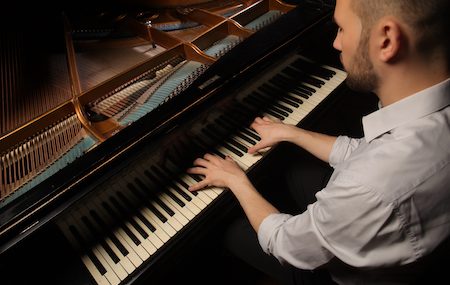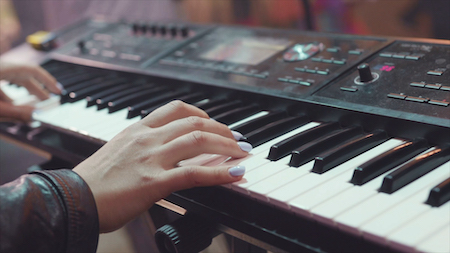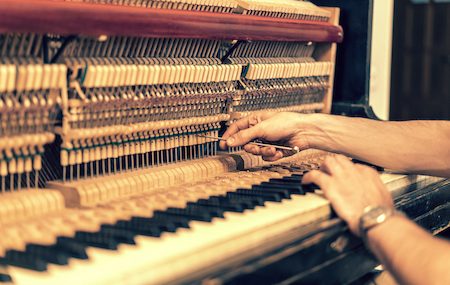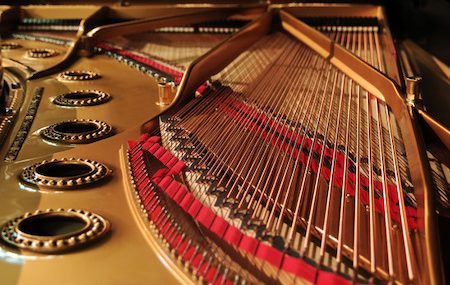Have you noticed the leaves turning colors? The morning air is just a bit cooler. And pumpkins suddenly are popping up everywhere.
It’s a time of year many of us love. It’s also a time for you to change up your routine and start planning fall piano lessons to keep your students motivated and happy.
Pumpkins everywhere
If you’ve decorated your home for fall, why not bring it into your piano studio as well? Nothing brings out the festivities like fall leaves, black cats, and an array of pumpkins. Since your students might not be trick-or-treating your studio, why not offer them treats all month long. Fill a festive bowl or jack-o-lantern with different activities for warming up, and have them pick one at the beginning of each lesson. You can even provide treats at the end, depending on how well they perform.
Bring out their creativity
Many students love to create their own music. Why not give them a challenge of creating songs perfect for the fall. You can give them a theme – leaves, Halloween, football – and have them create music to fit their message. Be sure they add words to their songs.
Provide special music
While most of us provide books to work through as a student advances in ability, changing it up with seasonal music can keep them interested. Find things that interest them, and give them special challenges throughout the month. You may even wish to hold small recitals for students to show off their new songs.
Bring your students together
How about a duet? Or a small group to practice something new? While group lessons might not be feasible all throughout the year, they may add depth to your students’ lessons by bringing them together for special occasions. This can be a perfect way to keep them challenged and allow them to meet other students at their levels. It may be just what they need to stay motivated.
How will you keep your piano students motivated this year? Planning your fall piano lessons? What works for you?











